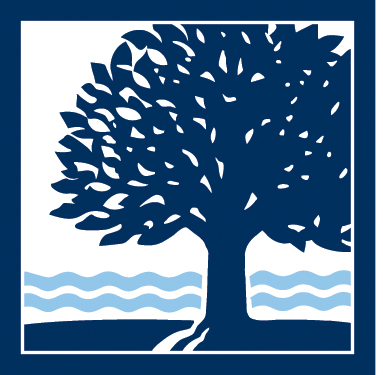Prudence Crandall collection
Scope and Contents
The Lear Center holds material related to the life of Prudence Crandall. The archive was left to Connecticut College by Helen Earle Gilbert Sellers, who was at work on a biography of Crandall at the time of her death in 1951. There are 23 letters and one manuscript of poems by Crandall, including three letters to the abolitionist Simeon Jocelyn detailing the opposition to her school. Most of the remaining letters are to her husband, Calvin Philleo. There are also nearly three dozen manuscripts of correspondence and business records of Philleo. The remainder of the collection consists of photographs of Crandall, her family members, and their places of residence and Helen Sellers' research materials and correspondence related to her biography.
Dates
- Creation: 1833 - 2002
Creator
- Crandall, Prudence, 1803-1890 (Person)
- Philleo, Calvin, 1787-1874 (Person)
- Sellers, Helen Earle, 1897-1951 (Person)
Conditions Governing Access
This collection is open for research.
Biographical / Historical
Prudence Crandall was a teacher in the 19th century who worked to further women's suffrage and to provide equal educational opportunities for women from different races and backgrounds. She was born on September 3, 1803 in Hopkinton, Rhode Island to a Quaker family of farmers. .Her parents were Pardon Crandall and Esther Carpenter. When Prudence was 10 years old, her family moved to Canterbury, Connecticut. She attended the New England Friends Boarding School in Providence for a few years and also taught at a school in Plainfield, Connecticut for a short time.
In 1831, a few Connecticut citizens asked Prudence Crandall to organize a school for girls. Crandall agreed to take on this task and her school for girls functioned successfully until a controversy arose in 1832. The cause of the problem was the admission of Sarah Harris, daughter of a prosperous local African-American family. Several parents opposed Crandall's decision to admit a student of color and some of them withdrew their daughters from the school. Crandall, however, remained steadfast and went on to announce that her school was now going to be a teacher-training institute for African-American girls. This roused extreme opposition in the town. Some people refused to sell food to the school and Crandall was banned from the church.
In 1833, Connecticut passed the Black Law that prohibited any Connecticut school from admitting African American students from outside the state. Crandall paid no heed to the Black Law and was arrested in 1833. She was tried and convicted but in July 1834 the conviction was reversed. The continued attacks on the school forced Crandall to close it down in 1834. After closing the school, Crandall married the Rev. Calvin Philleo, a Baptist minister and a widower with three children. Crandall's marriage was an unhappy one and in 1842 she set out on her own to Troy Grove, Illinois. There she opened a school, the Philleo Academy. Her school soon gained local fame and Crandall continued to pursue her interests in temperance, women suffrage and spiritualism. In 1886, the Connecticut General Assembly voted to award her a small life pension to compensate for the cruel outrage inflicted on her. Crandall died of influenza in Elk Falls, Kansas in 1890.
Full Extent
.63 Linear Feet (3 boxes)
Language of Materials
English
Abstract
Prudence Crandall (1803-1890) was an educator and activist who fought for women's suffrage and the rights of African-Americans. Her attempt to run an integrated school for girls in Canterbury, Connecticut resulted in protests, arrest, and two criminal trials. Although she was acquitted of all charges in 1834, she closed the school and left the state. In 1995 she was named Connecticut's official state heroine. This collection contains manuscripts and research materials gathered by Helen Earle Gilbert Sellers in preparation for a biography of Prudence Crandall.
Arrangement
This collection is arranged into four series: Series I. Prudence Crandall Letters and Poems; Series II.Calvin Philleo manuscripts, and Series III.Helen Sellers Notes and Correspondence; and Series IV.Prudence Crandall research materials.
Custodial History
The Crandall papers were given to Connecticut College by Helen Earle Sellers, also known as Helen Earle Gilbert, who was writing a biography of Crandall at the time of her death in 1951.
Subject
- Crandall, Prudence, 1803-1890 (Person)
- Title
- Inventory of the Prudence Crandall collection
- Status
- Completed
- Author
- Finding aid by Ben Panciera. Migrated into ArchiveSpace in 2020 by Christian Salguero and Rose Oliveira.
- Date
- c.2009
- Description rules
- Describing Archives: A Content Standard
- Language of description
- English
- Script of description
- Latin
Repository Details
Part of the Linda Lear Center for Special Collections and Archives Repository
Connecticut College
270 Mohegan Ave
New London CT 06320 United States
860-439-2654 (Director)
860-439-2686 (College Archivist)
learcenter@conncoll.edu
